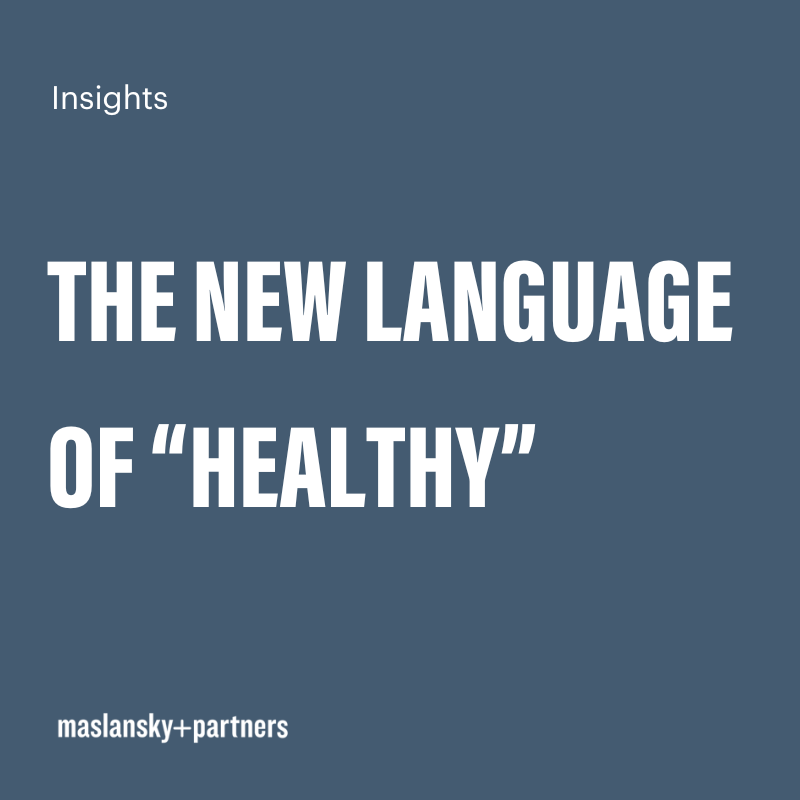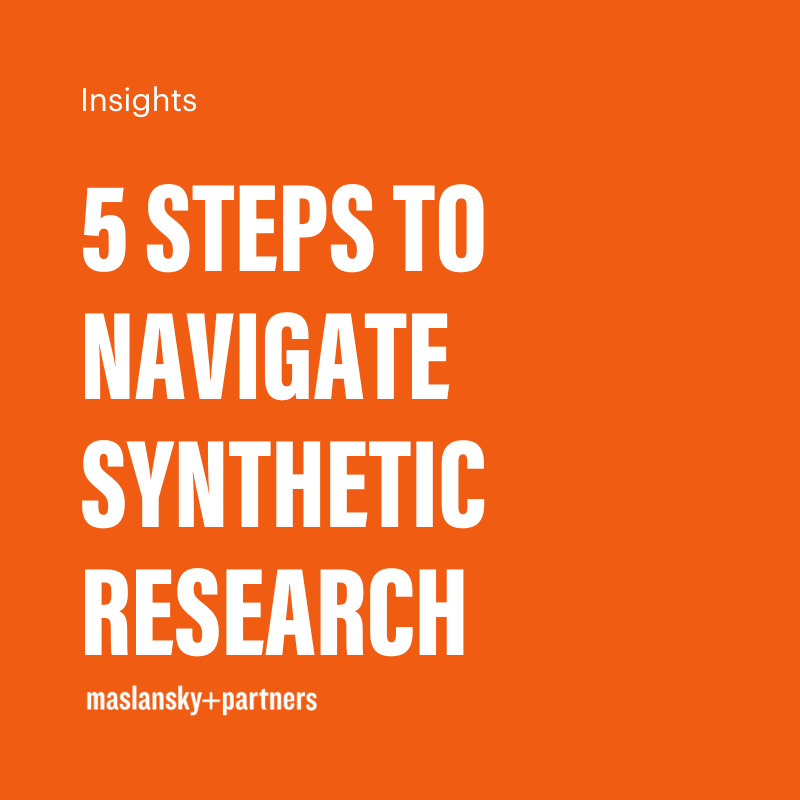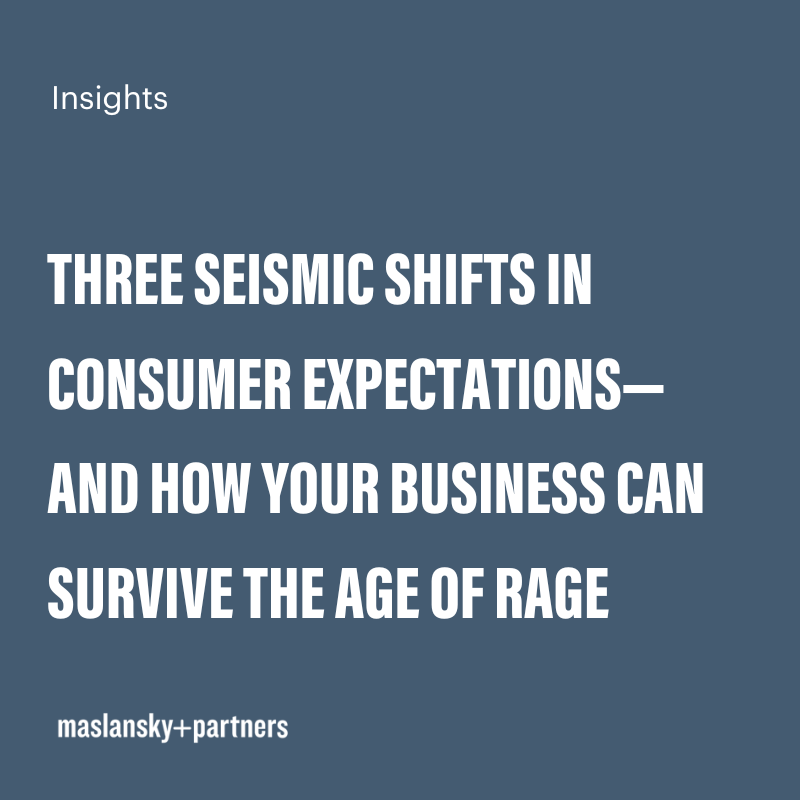
The Goldilocks Principle for Corporate Storytelling: Finding “just right” communication in a world gone sideways
The world outside is on fire. Executive orders are flying, culture wars raging, and companies everywhere are paralyzed by the fear of saying the wrong thing. Right now, communicating as a company feels like walking a tightrope over a pit of alligators. Should you respond? Stay silent? Speak up and risk regulatory blowback? The stakes have never been higher.
But it’s not just politics. There’s a deeper, angrier current running through the culture. A sense that companies are gaming the system, getting rich while everyone else pays the price. It’s not just distrust; it’s rage. People feel the rules are rigged, and some are so fed up they’ll justify violence. We just fielded a study this month and the results are staggering. According to our research, more than 40% of Americans actively agree that sometimes it’s acceptable to take violent action against companies or their executives in response to unethical actions by companies. Let that sink in.
So, what’s a company to do? The choices are as appealing as the leftovers in the back of your fridge. But here’s where the Goldilocks Principle becomes instructive for corporate storytelling. Much like the classic parable, you have three distinct paths—one too extreme, one too timid, and, if you’re discerning, one that strikes the elusive balance: just right.
Option 1: Say Nothing-The Ostrich Special
Some companies try to disappear. They think silence is safe. But in this climate, silence is a statement—and not a flattering one. If you don’t tell your story, someone else will, and odds are, it won’t be the version you want. The vacuum fills with suspicion: “They don’t care about us. They’re hiding something. They’re just in it for the money.” Reputation scores drop, trust evaporates, and suddenly, you’re the villain in someone else’s narrative.
Option 2: Say Just Enough-The Beige Approach
Then there’s the “just enough” crowd. They scrub their websites, quietly drop “DEI” from their reports, and hope nobody notices. It’s the corporate equivalent of whispering in a hurricane. This approach feels safe, but it’s actually high-risk. You end up pleasing no one—accused of caving to pressure, abandoning your values, and alienating your employees. You’re not invisible; you’re just forgettable. And in today’s world, that’s fatal.
Option 3: Go All In-Double Down
A few companies decide, “Enough is enough.” They lean in, take a stand, and risk it all. Maybe they double down on DEI, or speak out on tariffs, or call out injustice. It’s bold, it’s risky, and it’s not for everyone. But for some brands—those whose DNA is built on conviction—it’s the only move that makes sense. You might lose some customers, but you’ll gain loyalty from those who share your values. In a world of fence-sitters, sometimes the only way to stand out is to actually stand for something.
So, What’s “Just Right”
Here’s the rub: The “just right” approach isn’t about splitting the difference or watering down your message until it’s meaningless. It’s about balance, yes—but it’s also about clarity and courage. The best communicators know their audience isn’t just left or right, progressive or conservative. It’s both. And the real art is finding a way to speak honestly, acknowledge complexity, and still say something that matters.
This is the hardest communications challenge of our generation. You can’t hide. You can’t hedge. You can’t just shout into the void. You have to engage—thoughtfully.
Here’s the twist:
It’s not about what you say. It’s about what people hear. If your message doesn’t land—if it doesn’t feel real, fair, and human—it’s just noise. The Goldilocks Principle isn’t about being bland. It’s about being bold enough to be clear, and humble enough to be heard.
So, next time you’re staring at a blank statement, ask yourself: Is this too hot, too cold, or just right? Am I hiding, hedging, or actually saying something that matters? Because in this moment, the only thing riskier than speaking up is staying silent.
If you’re stuck, don’t go it alone. Sometimes, the best ideas come from a real conversation. Let’s talk about how to get your story just right.





